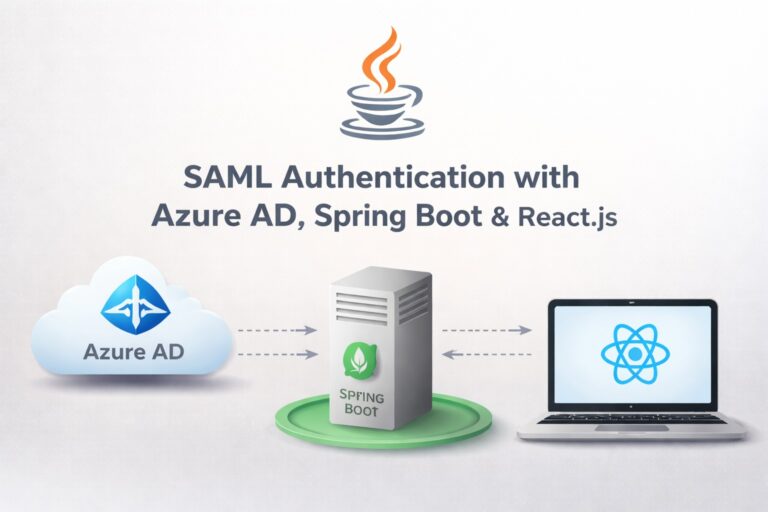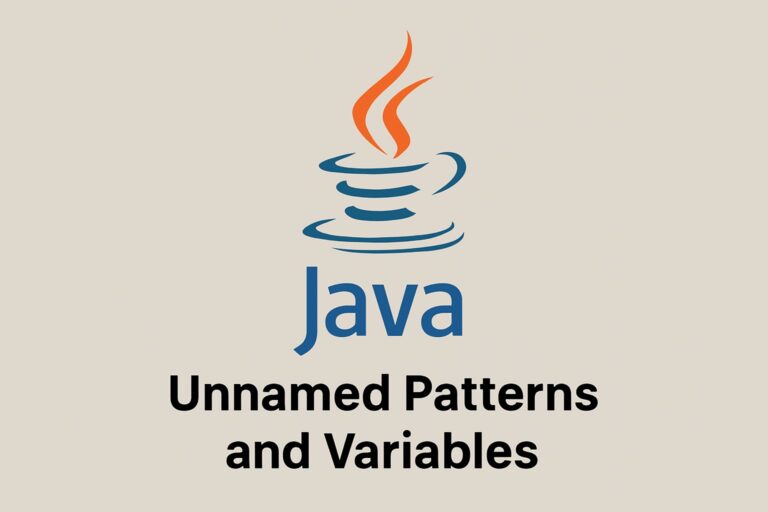Java 11 introduced a fantastic feature—Local-Variable Syntax for Lambda Parameters—designed to make coding simpler, cleaner, and more consistent. This enhancement builds upon the var keyword, first introduced in Java 10, enabling its use within lambda expressions.
Before diving into why this feature matters, let’s take a quick step back. A lambda expression is a concise way to represent anonymous functions—basically, it’s a way to pass behavior as an argument. Lambdas help developers write cleaner and more readable functional-style code in Java.
The Basics of Local-Variable Syntax
Previously, when you wrote lambda expressions, you had two options for declaring parameters: explicit types or omitting types entirely (which let the compiler infer them). For instance:
// Before Java 11:
(x, y) -> x + y // Type inference
(int x, int y) -> x + y // Explicit typing
In Java 11, you’re now able to use var in lambda parameters:
// With Java 11:
(var x, var y) -> x + y
This might seem like a small addition, but it has significant implications for how we write and structure our code.
Why Local-Variable Syntax Matters
- Improved Readability and Uniformity: The use of
varensures consistency when declaring variables. If you’re already usingvaroutside of lambdas, it feels natural to use the same syntax within lambdas. - Adding Annotations Made Easy: With
var, you can attach annotations directly to lambda parameters without writing out the full type. For example:(@NonNull var x, @NonNull var y) -> x + yThis is incredibly useful in scenarios requiring metadata like validation constraints or custom annotations. - Minimized Boilerplate: By leveraging
var, you reduce verbosity, which is especially helpful in more complex lambda expressions. - Encourages Adoption of Modern Java: This feature is one of many in a series of updates encouraging developers to adopt cleaner, functional programming styles.
Example Use Case
Imagine you are working with a custom annotation in your code that validates input values. You want to use this annotation in a lambda expression for filtering a list:
import java.util.List;
public class LambdaVarExample {
public static void main(String[] args) {
List<String> names = List.of("Alice", "Bob", "Charlie");
// Using var with annotations
names.stream()
.filter((@NonNull var name) -> name.startsWith("A"))
.forEach(System.out::println);
}
}
In this example, the @NonNull annotation is used with the var keyword to ensure that name is non-null. This approach keeps the syntax concise while allowing annotations to be applied directly.
Limitations
It’s important to note that all parameters in the lambda must either use var or omit types entirely—you can’t mix the two:
(var x, y) -> x + y // Compilation error
Real-World Applications
The local-variable syntax is particularly valuable in scenarios where annotations are necessary, such as with frameworks like Spring or Hibernate, or when dealing with parameter validation.
Conclusion
The introduction of Local-Variable Syntax for Lambda Parameters in Java 11 is a step forward in enhancing the coding experience for Java developers. It improves code consistency, readability, and makes incorporating annotations straightforward—all while maintaining the robust functionality that lambdas bring to the table.
Whether you’re crafting a new feature or refactoring old code, this little addition to Java’s syntax toolkit might just make your coding life a bit more elegant.



